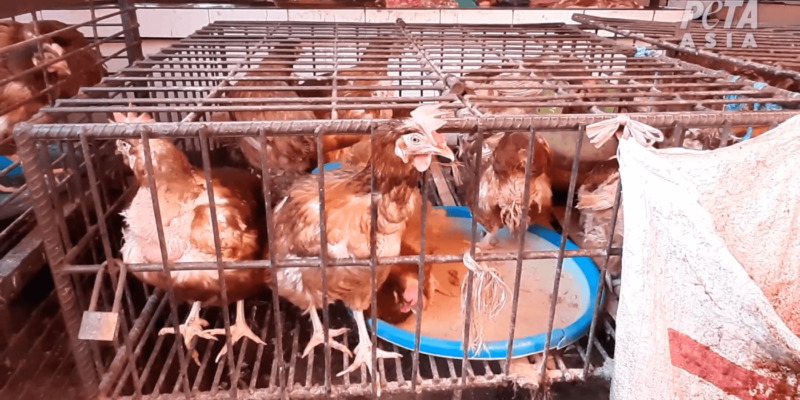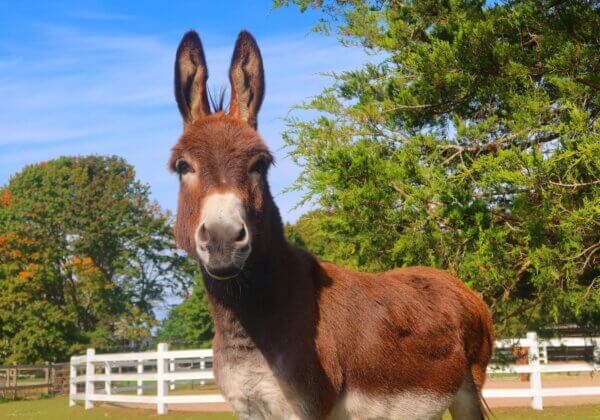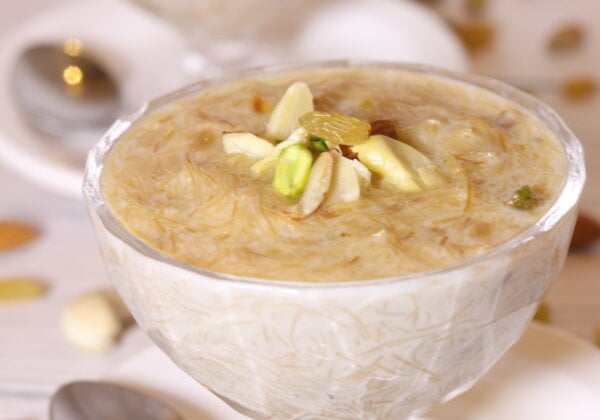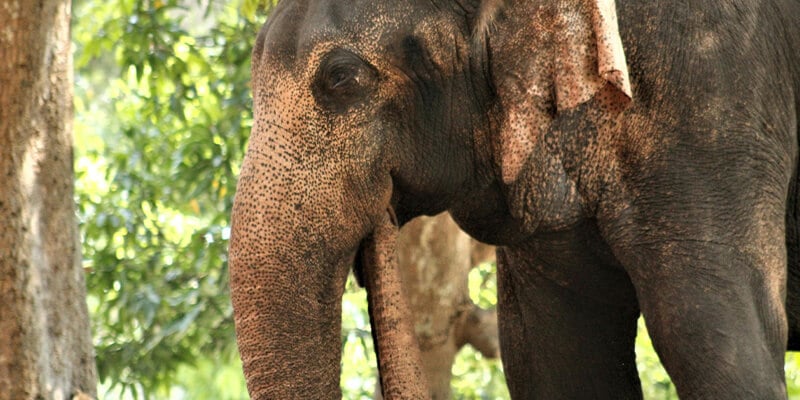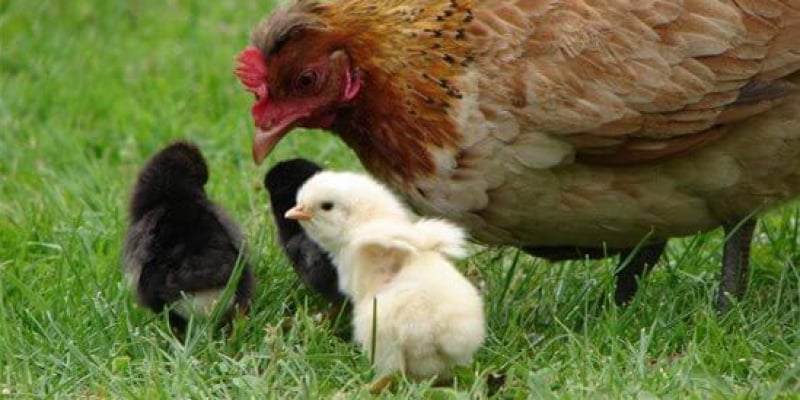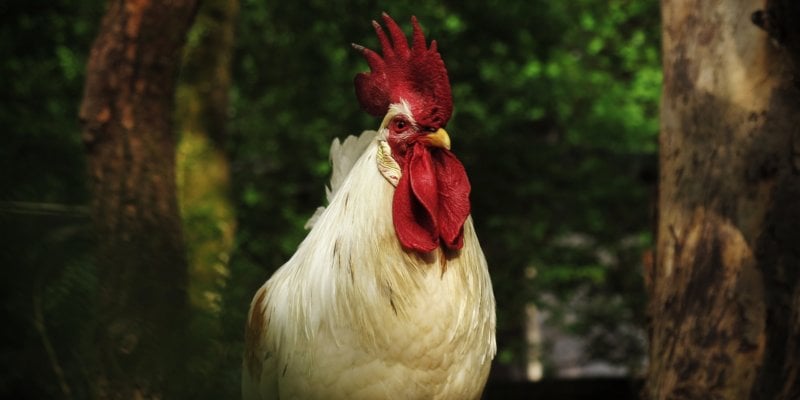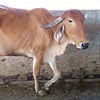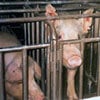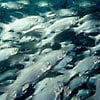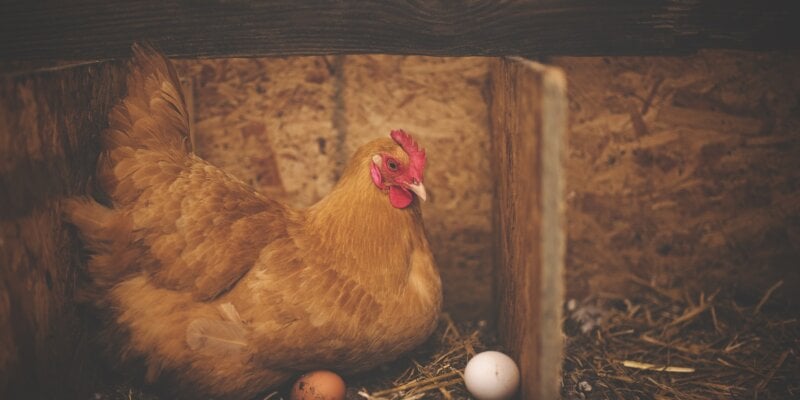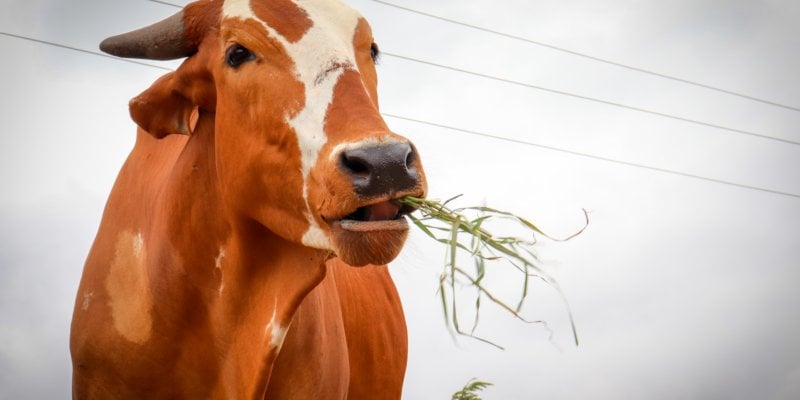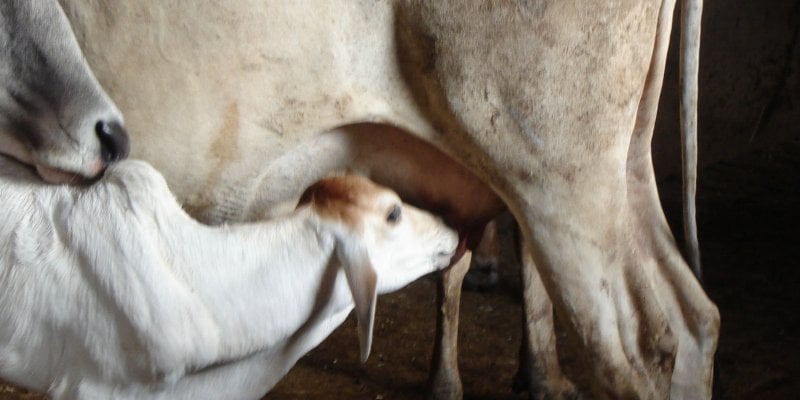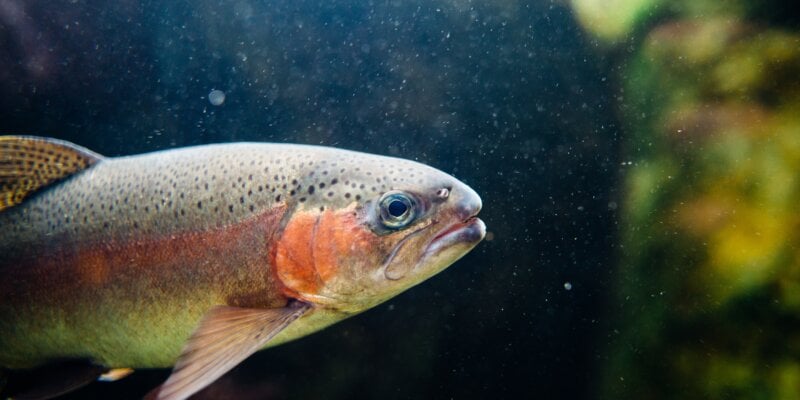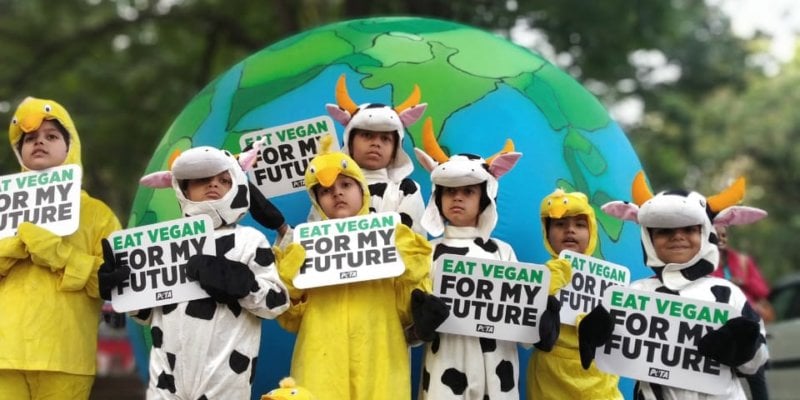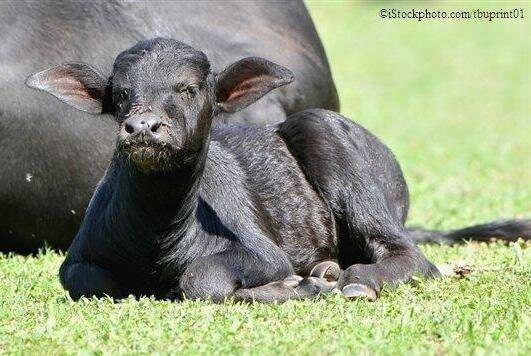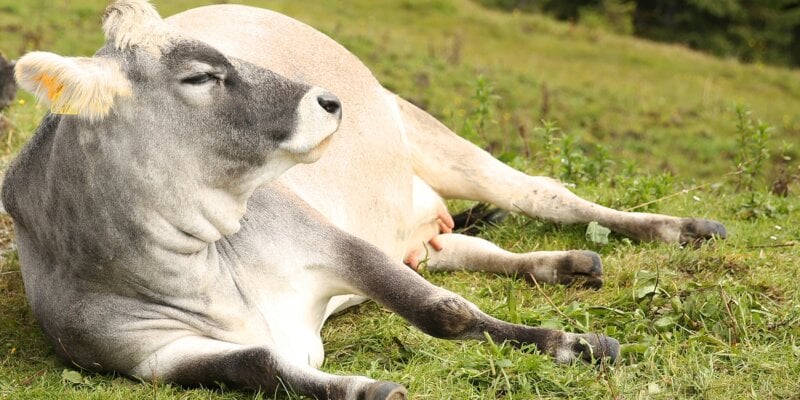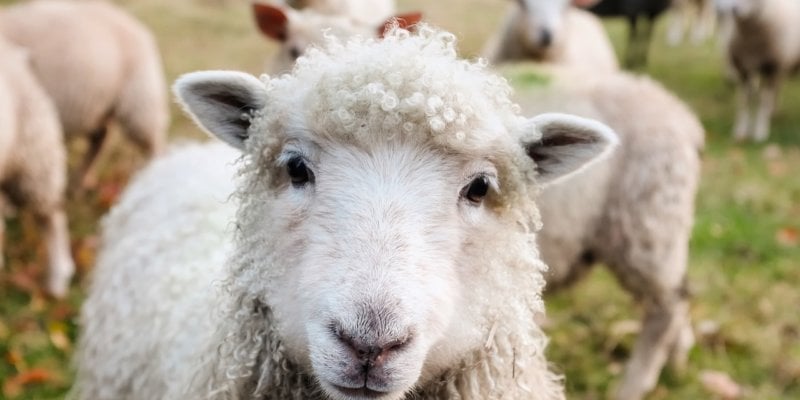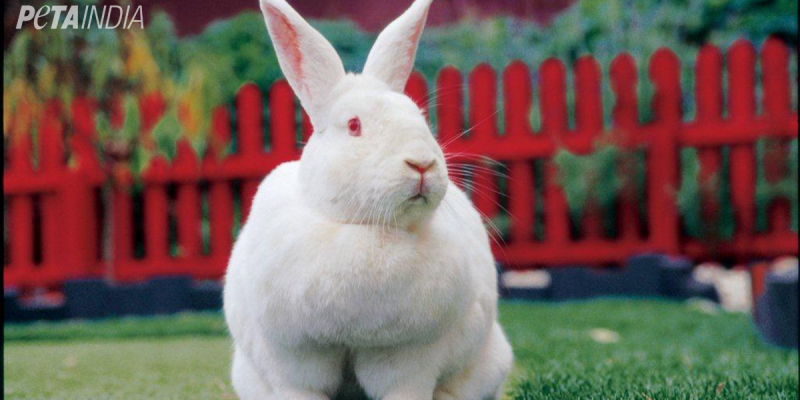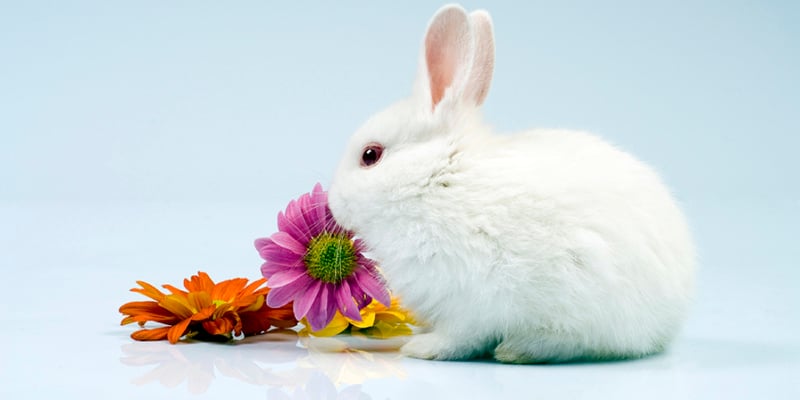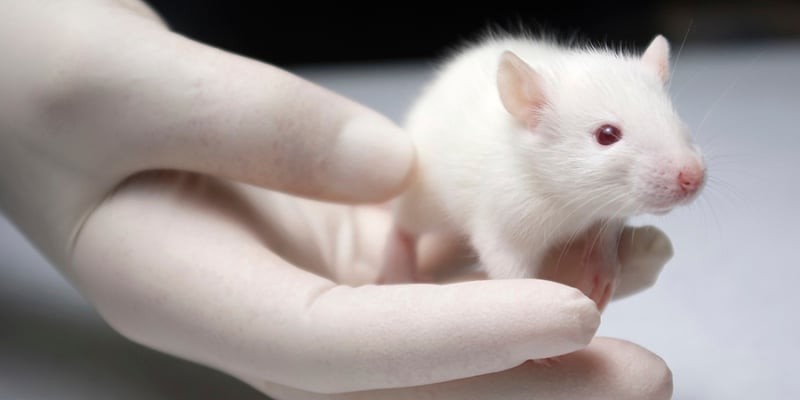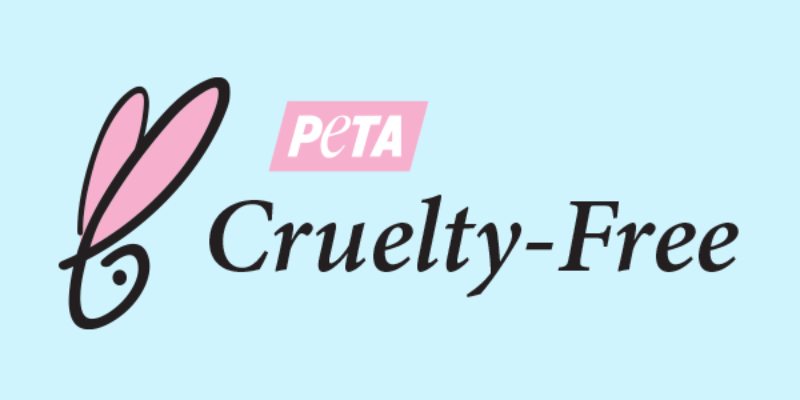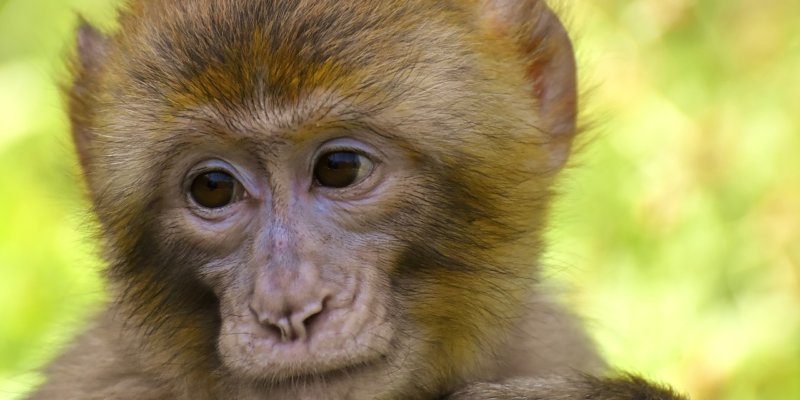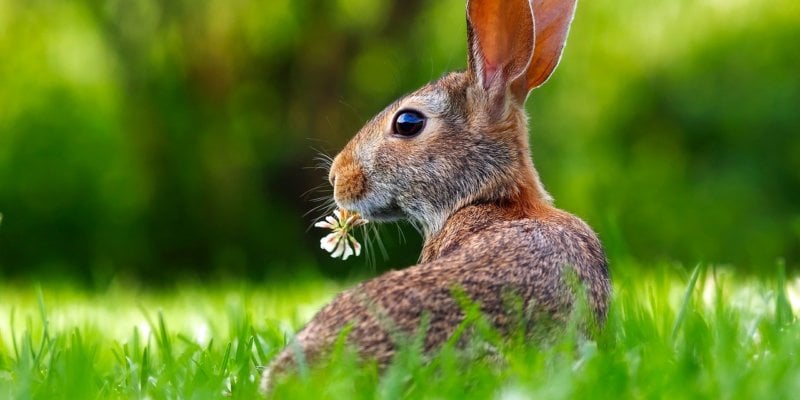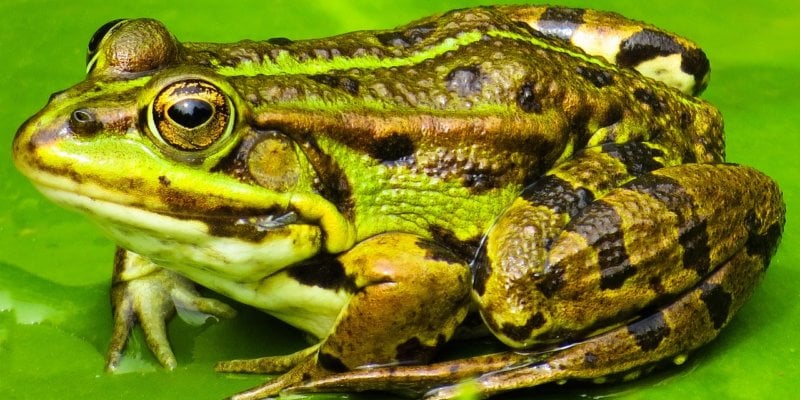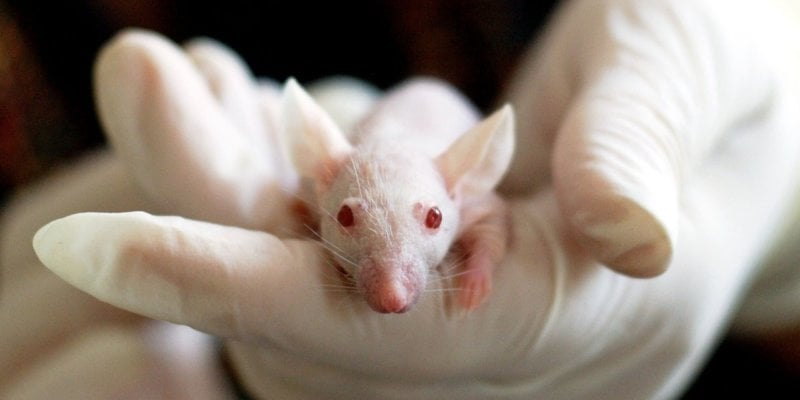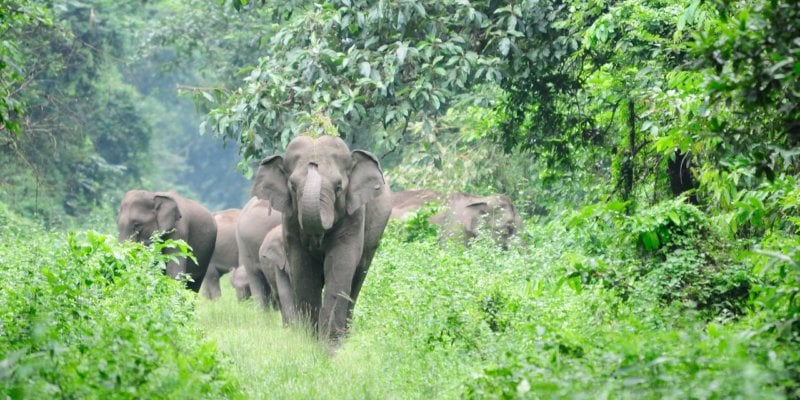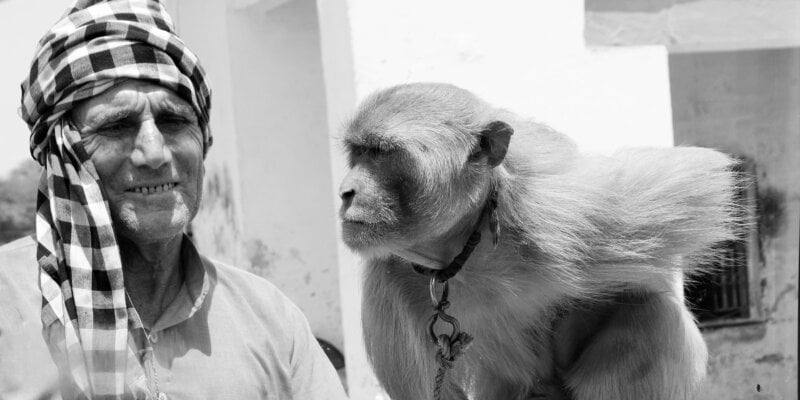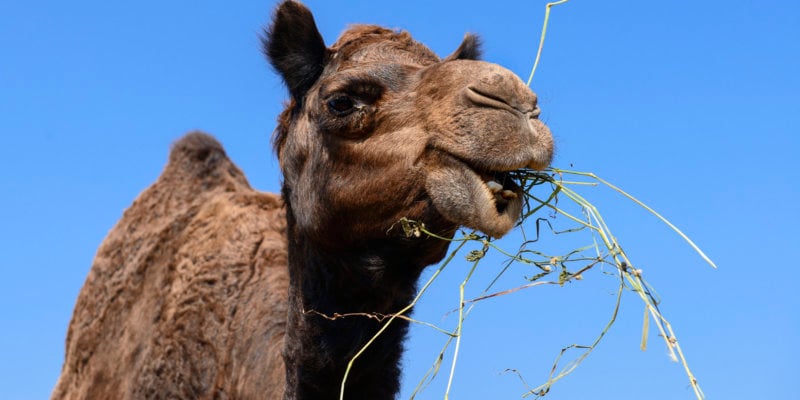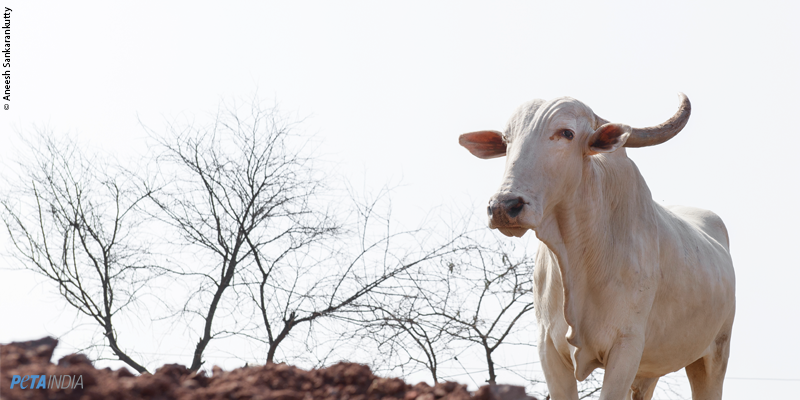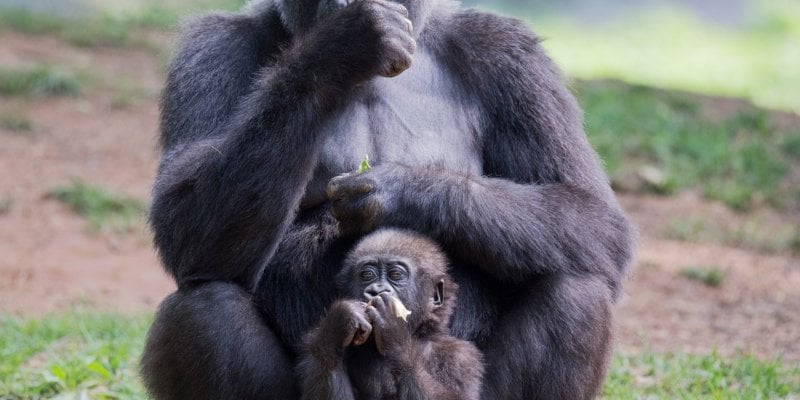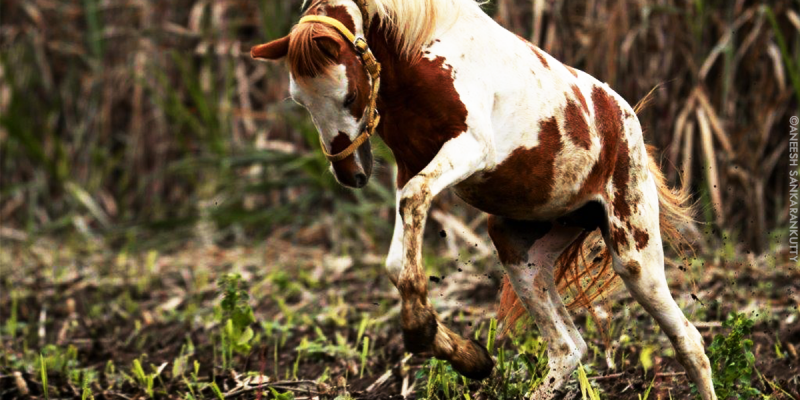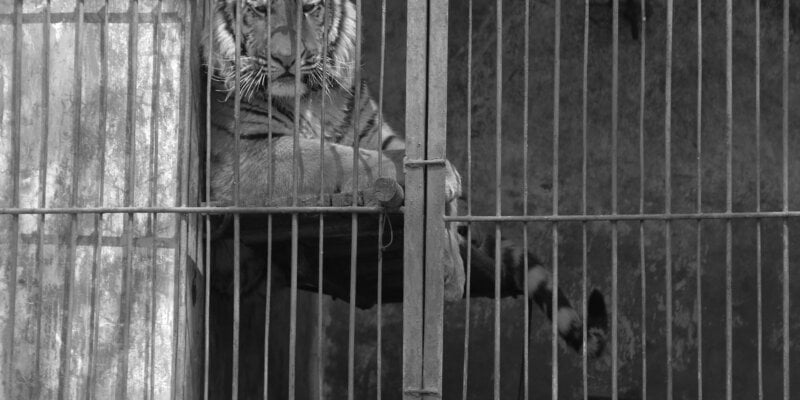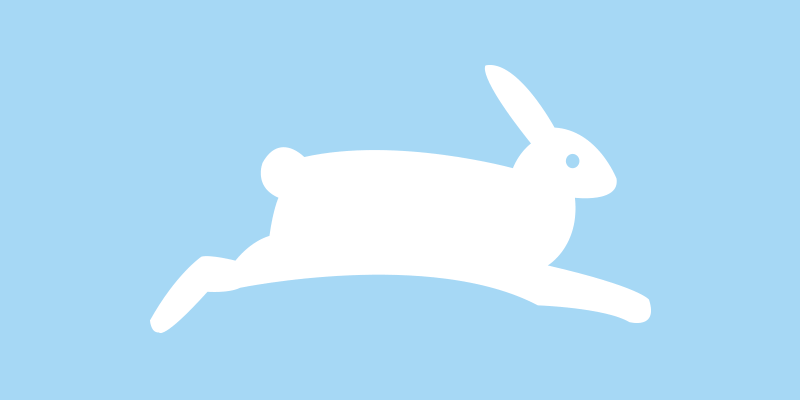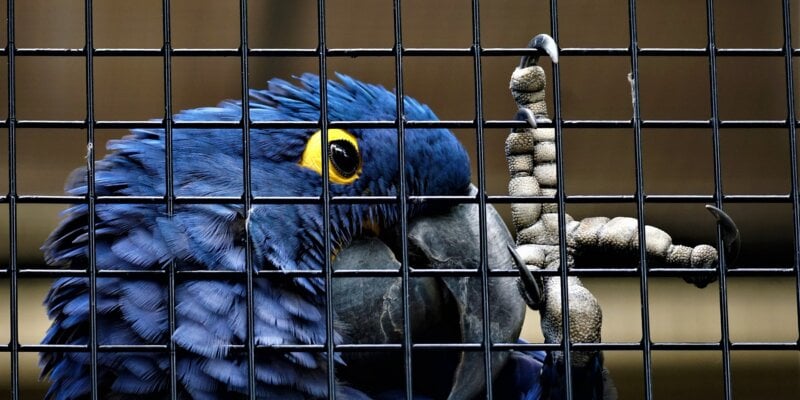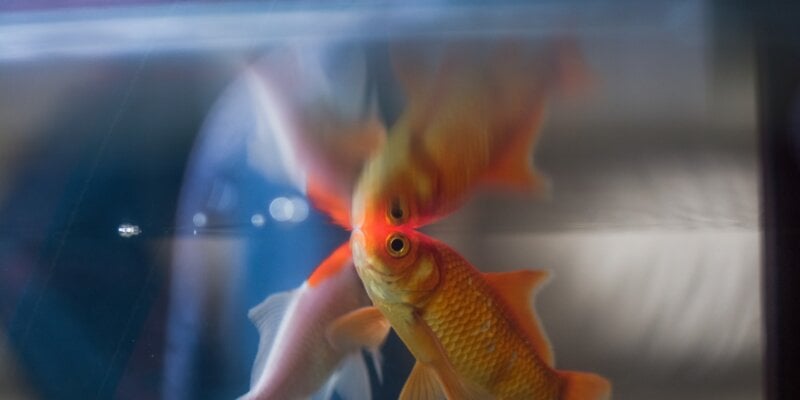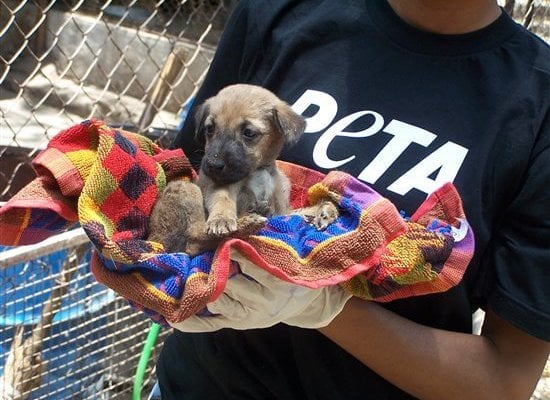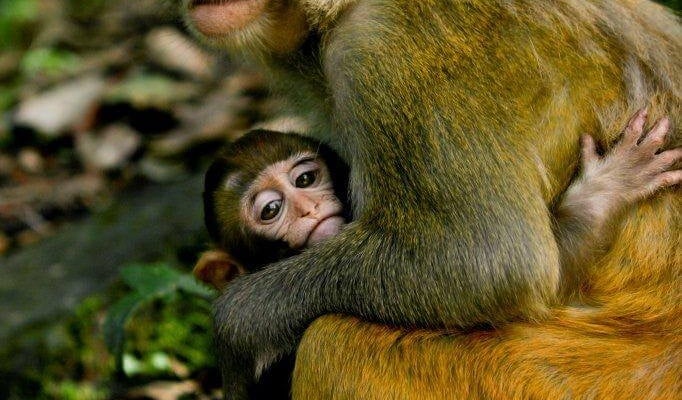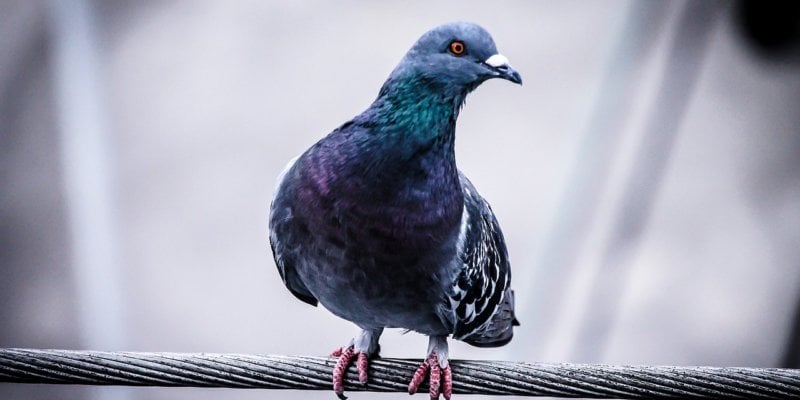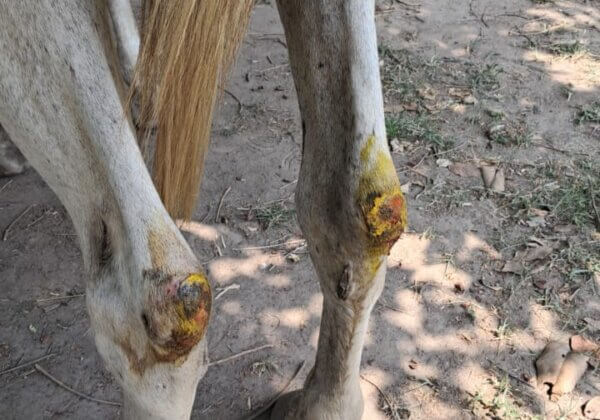What Is Wrong With Milk ?
If you learned that one easy change to your diet could vastly improve your health, wouldn’t your choice be easy? When it comes to cow’s milk, the decision is simple – just choosing soya and other healthy foods over milk, ghee and other dairy foods can make a world of difference.
No species naturally drinks milk beyond infancy, and no species would naturally drink the milk of a different species. Cow’s milk is designed for baby cows, who have four stomachs and can weigh more than 450 kilograms before their second birthday. Plus, milk that is not properly prepared or chilled may contain bacteria that can make people sick.
Scientists report that 33 per cent of Indians, including 70 per cent of Southern Indians, are lactose-intolerant. This means that the body cannot break down the sugar in dairy milk, which can lead to abdominal cramps, bloating and diarrhoea.
Dairy companies want you to believe that drinking cow’s or buffalo’s milk is healthy, but do not believe it – milk can make us sick and weaken our bones. Scientists report that 33 per cent of Indians, including 70 per cent of Southern Indians, are lactose-intolerant. This means that the body cannot break down the sugar found in dairy milk, which can lead to abdominal cramps, bloating and diarrhoea.
In addition to digestive problems, milk has been linked to ailments ranging from acne and weight gain to heart disease, cancer and diabetes. Plus, according to a Harvard Medical School analysis of the evidence, milk does not protect against osteoporosis. The study revealed that countries with low calcium intake (just 300 mg/day) tend to have a lower incidence of hip fractures – an indication of osteoporosis – than those with higher calcium consumption rates.
Milk is loaded with fat and cholesterol and contains an ever-increasing variety of pesticides and antibiotics that are fed to animals. A recent study conducted by the Consumer Guidance Society of India found that there are high quantities of several contaminants in the milk supply, including antibiotics, aflatoxins, pesticide residues, pus, bacteria and chemicals such as sodium carbonate and urea. Scientists who worked on the study told the Times of India that humans who consume the milk are at risk for diseases such as gastro-enteritis, viral fever and even liver cancer.




